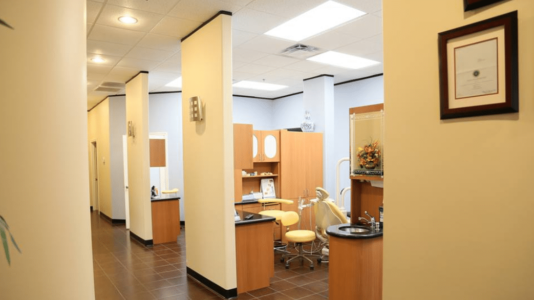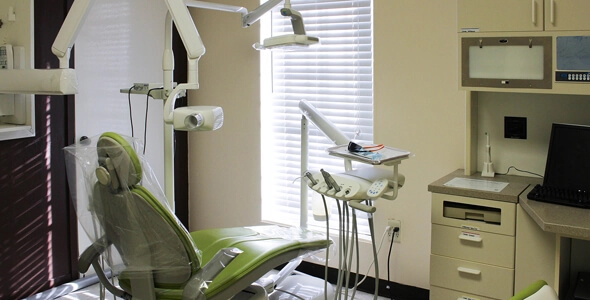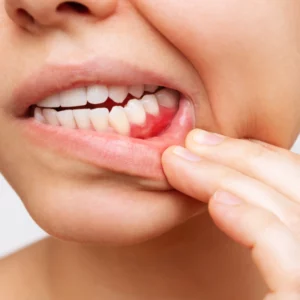Did you know almost one-third of adults and three of every ten kids suffer from jaw clenching and teeth grinding?
Bruxism or teeth grinding is a common syndrome that often goes unaddressed. Clenching and grinding teeth are common among people. Did you know it is a medical syndrome? Occasional teeth grinding, although not harmful, can cause damage if it becomes a habit. According to union dental Houston TX, it could lead to some major oral health complications.
Why Do People Grind Their Teeth?
Teeth grinding is caused by anxiety and stress. This is alarming at any age but it also happens when the top and bottom rows of teeth do not align. Another reason that causes teeth grinding is a coping mechanism from conditions like teething or earache. As for adults, it is often caused due to crooked teeth or abnormal bites. Sleep disorders could also be among the major reasons for teeth grinding.
According to the Tidwell dental office, stressful situations, both in the case of adults and kids, can lead to jaw clenching. Build-up anger or tension gets reflected in deep sleep phases through bruxism.
Some medications for medical conditions like cerebral palsy can develop bruxism in kids.
How to detect Bruxism?
Since teeth grinding mostly occurs during sleep, it could go unnoticed. So how do you find out if you grind your teeth? Experts at a dental care Greenspoint suggest a few tips. Take a look-
- The easiest way to detect it is by asking a family member to check up on you while you sleep and observe if there is a pattern involved.
- Do you suffer from mild headaches or sore jaws right after you wake up? It is a clear tell-tale sign of bruxism.
- Watch out for sharp pain while chewing.
- If it’s your kid, check for unusual wear and tear or chipped enamel.
- Flattened, chipped, loose, or fractured teeth.
- An earache that has nothing to do with your ear.
Even with the slightest bit of suspicion, make sure to get in touch with the best dentist in Houston.
Risk Factors Surrounding Bruxism and Dental Health
According to a dentist near 77093, teeth grinding can result in loosening, fracturing, or complete loss of teeth. Chronic jaw clenching or teeth grinding leads to worn out enamel, chipped teeth, pain in the jaw or face, and increased tooth sensitivity.
- An aggressive, hyperactive, or competitive personality could increase the risks of bruxism.
- Bruxism runs in the family as well. So, watch out for the symptoms of bruxism and address them as soon as possible.
- Tension-type headaches around the temples.
- Mental health and disorders must be taken care of. Not only should it be an important concern for your emotional wellbeing but also to prevent excessive jaw clenching and other associated conditions. Conditions such as gastroesophageal reflux disorder (GERD), Parkinson’s disease, sleep apnea, epilepsy, etc. could also increase the risk factors.
This would lead to dental treatments like root canals, bridges, crowns, dental implants, partial or even complete dentures. If not addressed on time, it could also result in a change in the appearance of your face.
How to Prevent Bruxism?
Although bruxism is considered a part of the natural process of child development and growth because it fades away with time, it should not be ignored altogether since the causes could be affecting your or your child’s overall health. Talk to your partner if they are going through troubled times or counsel your kid on ways to deal with fear or stress. The best solution would be to regularly visit the best dental offices in Houston.
To conclude, it would be best to not ignore bruxism as in these challenging times, anything can become a source of deteriorating health.













